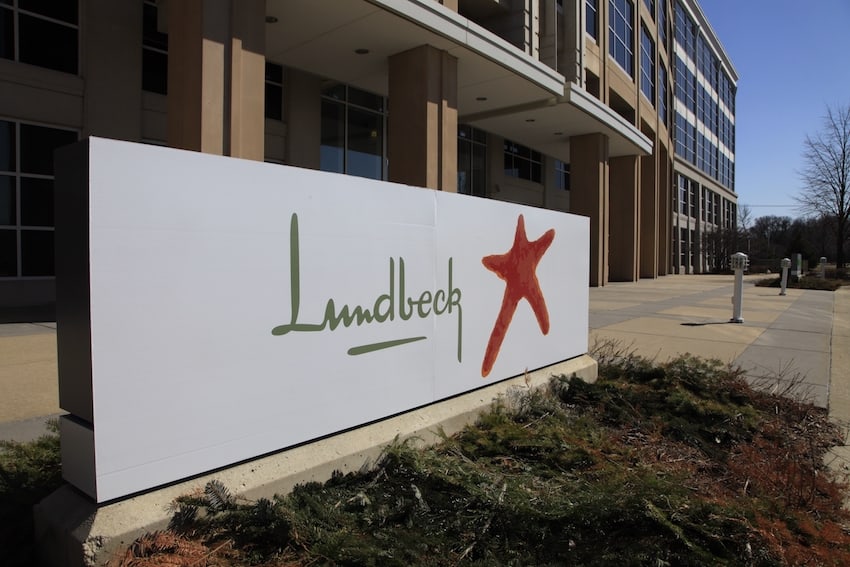
Lundbeck has the payoff it was looking for from its acquisition of Alder Biopharma last year, claiming FDA approval for migraine prevention therapy eptinezumab.
The US regulator has cleared the CGRP inhibitor under the Vyepti trade name for the prevention of migraine in adults, setting up a launch in April that will make it the fourth drug in the class to reach the US market.
It’s also the first and only intravenously-administered CGRP antibody, as the current three drugs – Amgen/Novartis’ Aimovig (erenumab), Teva’s Ajovy (fremanezumab) and Eli Lilly’s Emgality (galcanezumab) – are all administered by subcutaneous injection.
The product category has extended with an orally-active CGRP drug in December when Allergan secured FDA approval for Ubrelvy (ubrogepant), though this isn’t a direct competitor as it is used as an acute treatment for migraine.
While the IV route could seem like a disadvantage at first glance, Lundbeck points out that it means Vyepti only needs to be dosed every three months, while its rivals mainly need monthly injections. Teva has however claimed an FDA approval for a three-month regimen for Ajovy.
Moreover, IV administration means that the onset of action of eptinezumab is quicker, although that may not by such a big deal for a drug intended for prophylaxis. What is certain is that having another treatment modality extends patient choice, which has to be a positive.
“We are now able to offer a new IV therapy that achieves the key treatment goal of preventing migraine over time while also delivering on the need for earlier onset of efficacy,” said Deborah Dunsire, chief executive of Lundbeck, which paid almost $2bn for eptinezumab’s developer in a deal that completed in October.
Widely tipped to become blockbuster therapies, the three incumbent CGRP antibodies have taken some time to get off the mark commercially after their approvals in 2018, with some analysts suggesting migraine specialists aren’t rushing to switch wholesale from other migraine preventative therapies like Allergan’s Botox.
First-to-market Aimovig brought in $306m in US sales for Amgen last year, with the company saying more than 300,000 patients prescribed the drug, but it grew only 3% in the fourth quarter.
Aimovig’s ex-US licensee Novartis didn’t break sales of the drug in its fourth quarter statement. Teva meanwhile said Ajovy made $96m last year, while Lilly reported Emgality sales of $163m.
All the new CGRP brands have been affected by discounting for formulary access and sampling to build physician familiarity, according to analysts. The slow start could give Lundbeck a chance of catching up in the marketplace.




